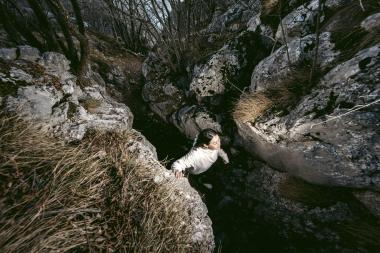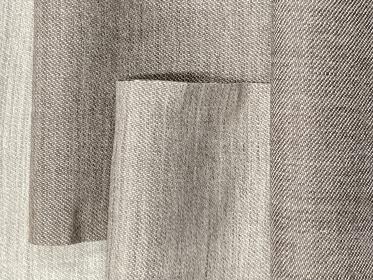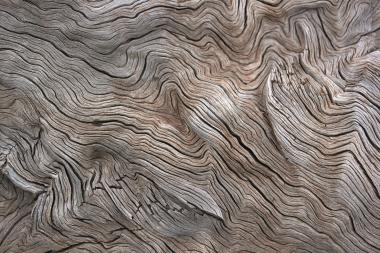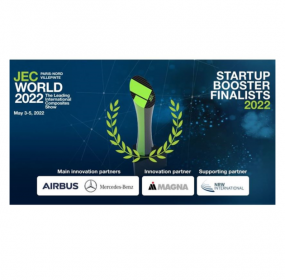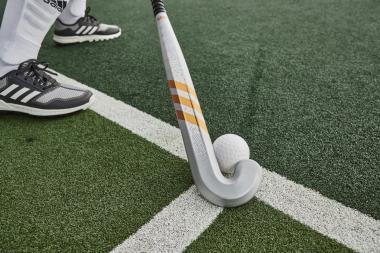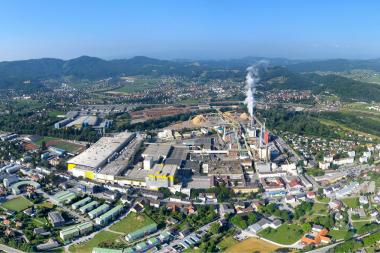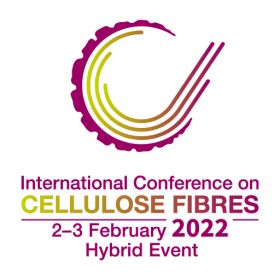JEC Group supports Composites Expert To launch E-learning Composites Academy
On March 10th, JEC Group and Composites Expert have signed a partnership agreement to promote E-learning Composites Academy, the first 4.0 training platform dedicated to manufacturing processes of composite materials.
This partnership will start with two first steps: an introduction webinar session on March 15th at 4pm CET, and two sessions of training during JEC World 2022, on Tuesday, May 3rd and Wednesday, May 4th, in Paris where Composites Expert will present the E-learning Composites Academy, a new pedagogical approach aimed at appropriating knowledge of polymer transformation specially developed by Composites Expert.
Tools have been designed to combine the theoretical part (E-Learning course platform) and the practical part (BOXs, software, process simulator, exercises through manipulation) to observe complex phenomena, with the aim of mastering and optimising transformation processes. The aim of this presentation is to introduce people to the learning method and the interactivity of the teaching aids used in industry and education.
“One of JEC Group’s objectives is to develop access to education to help the composites industry to attract and train talented professionals. So, we are very proud to announce this partnership and to support Composites Expert initiatives, as joining common efforts and strategies will benefit to the overall industry”, stated Anne-Carole Barbarin, Content and Product development Director.
“The partnership with JEC Group is a major step towards the development of our training platform, while several manufacturers have already supported us, such as Arkema, Chomarat, Daher, Diatex, Pinette PEI, Porcher, Sopara, joining JEC World to officially launch our platform is an amazing opportunity.”, stated Jean-Pierre Cauchois, CEO Composites Expert.
These training sessions are targeting companies’ employees who would like to improve their expertise, to study professional reconversion, the companies who would like to know more or use composite materials, and universities and school for students to go from theory to practical exercises.
JEC Group















